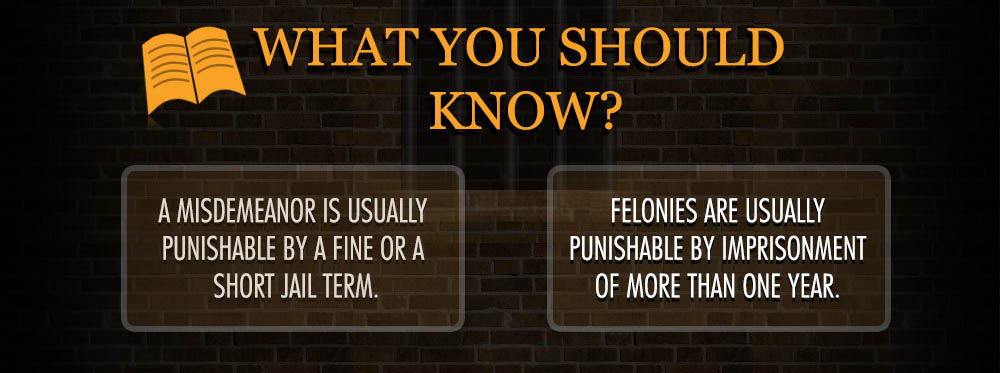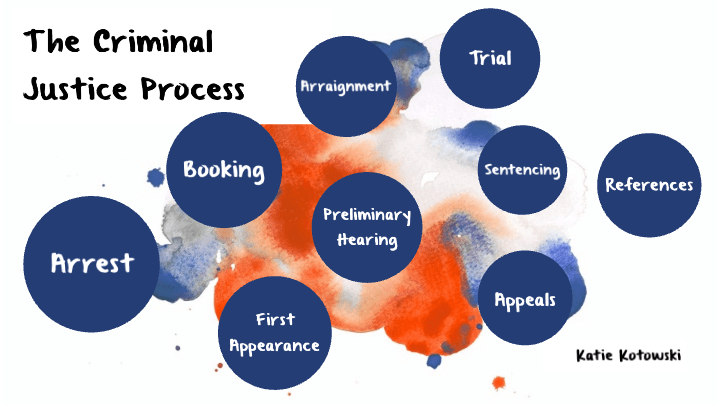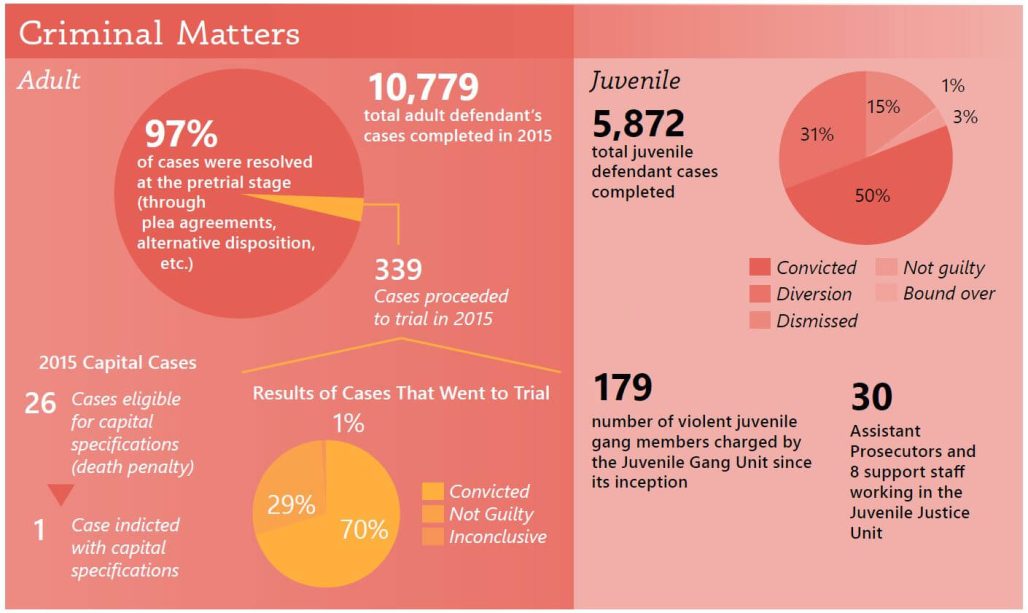What is a Texas 3rd-Degree Felony?
Felony charges are serious and can have long-lasting impacts on your life. In Texas, there are three degrees of felony charges, with third-degree felonies being the least severe but still carrying significant consequences.
Under TX Penal Code § 12.34, a conviction for a Texas Third Degree Felony can result in a range of punishments. As of the last update, the law states that an individual convicted of a third-degree felony in Texas is subject to imprisonment for a term that can range from 2 to 10 years in a state prison. Additionally, there can be a fine imposed of up to $10,000.
In this post, we will dive deep into what a felony third-degree is, what the possible penalties are, and what to expect during the legal process. We will also provide some tips for finding the right legal representation to help guide you through this difficult time. With this information, you can better understand what you are up against and make informed decisions about your legal strategy.
Felony Levels in Texas
Depending on the severity of the crime and a person’s prior convictions, they can be charged with either a felony or misdemeanor. Here, we’ll take a look at the different levels of felonies in Texas and how they relate to each other.

State Jail Felony
A state jail felony is the lowest-level felony in Texas and generally applies to offenses such as theft, forgery, and drug possession. These types of offenses will usually result in sentences ranging from 180 days to two years in prison, followed by possible probation.
Third Degree Felony
Third-degree felonies are more serious than state jail felonies and include offenses like burglary of a habitation, aggravated assault, and trafficking of controlled substances. Sentences for these crimes may vary greatly depending on the circumstances, but generally start at two years in prison and can go up to ten years imprisonment. In addition to prison time, those convicted may also face hefty fines, restitution payments, and lengthy probation periods. – Texas Penal Code § 12.34
Second Degree Felony
A second-degree felony is seen as a more severe offense than a third-degree felony. Examples of offenses that may incur this charge include intoxication manslaughter, injury to an elderly individual, and sexual assault. The punishments for these crimes may range from two to 20 years in prison, and in some cases even longer. Offenders may also be required to complete community service hours or attend counseling in addition to spending time behind bars. – Texas Penal Code § 12.33
First Degree Felony
The most serious offenses such as murder, kidnapping, and aggravated robbery will likely lead to a first-degree felony conviction. This type of offense could result in anywhere from five to 99 years in prison, followed by extended parole periods after release. Those convicted of first-degree felonies may also be subject to further fines and restitution orders due to the severe nature of their crime. – Texas Penal Code § 12.32
Texas Felony Sentencing Guidelines
| Felony Level | Example Offenses | First Offense | One Prior Felony | Max Fine |
|---|---|---|---|---|
| Capital Felony | Capital murder, treason | Death or Life Without Parole | Life Without Parole (if <18 at offense time, no death penalty) | N/A |
| First Degree | Aggravated kidnapping, aggravated sexual assault | 5 to 99 years or Life | 15 to 99 years or Life | Up to $10,000 |
| Second Degree | Manslaughter, aggravated assault | 2 to 20 years | Punishment for a First-Degree Felony | Up to $10,000 |
| Third Degree | Stalking, intoxication assault | 2 to 10 years | Punishment for a Second-Degree Felony | Up to $10,000 |
| State Jail | DWI with a child passenger, possession of <1 gram of a controlled substance | 180 days to 2 years | Up to 10 years (if with two prior state jail felonies) | Up to $10,000 |
Overview of felony third-degree in Texas
Third-degree felonies are significantly more serious than misdemeanors, which are usually punishable by fines and short jail terms. However, they are less serious than second-degree or first-degree felonies, which carry stiffer sentences such as life imprisonment or even the death penalty.
Sec. 12.34. THIRD DEGREE FELONY PUNISHMENT. (a) An individual adjudged guilty of a felony of the third degree shall be punished by imprisonment in the Texas Department of Criminal Justice for any term of not more than 10 years or less than 2 years.
(b) In addition to imprisonment, an individual adjudged guilty of a felony of the third degree may be punished by a fine not to exceed $10,000.
Penalties for a 3rd-degree Felony conviction in Texas
The penalties for a third-degree felony conviction in Texas can be severe and life-changing. If convicted, you could be facing:
- a sentence of 2 to 10 years in prison
- a fine of up to $10,000
- or both
Additionally, you may be required to complete probation once you are released from prison, which can also come with its own set of restrictions and requirements.
Examples of Texas 3rd-Degree Felonies
Third Degree Felony is typically associated with non-violent crimes, such as white-collar crimes, theft, and drug possession. However. any offense classified as a felony is a very serious matter and should be taken seriously. Here are some examples of third-degree felonies in Texas.
Aggravated Assault
Aggravated assault is a third-degree felony in Texas. This crime involves causing bodily injury to someone else with a deadly weapon or with the intent to commit a serious felony. In addition, it is also considered aggravated assault if the perpetrator causes serious bodily injury or uses a date rape drug against another person.
Burglary
In Texas, burglary is classified as a third-degree felony. This crime involves entering a building or vehicle without the owner’s consent with the intention of committing a felony or theft inside. Even if no property is stolen and no crimes are committed while inside the building, the mere fact of entering it unlawfully can still be charged as a third-degree felony.
Arson
Under Texas law, arson is considered a third-degree felony offense. Arson occurs when someone intentionally sets fire to an inhabited structure, vehicle, or property. Depending on the circumstances, this crime can be punished with up to 10 years in prison and a maximum fine of $10,000.
Evading Arrest
Evading arrest is a third-degree felony offense in Texas. This crime occurs whenever someone intentionally avoids arrest by fleeing from police officers after being ordered to stop or submit to arrest. Anyone found guilty will face imprisonment for up to 10 years and may have to pay a fine of up to $10,000.
Other Examples
There are numerous examples of felony third-degree crimes that can result in serious legal consequences if you are found guilty in the state of Texas. Some more common examples include:
- theft of property valued between $30,000 and $150,000
- possession of a firearm by a felon, and evading arrest with a vehicle.
- online solicitation of a minor
- stalking
- forgery
- certain drug offenses such as possession of a controlled substance.
Defenses for Third-degree Felony charges
When charged with a third-degree felony in Texas, some defenses may be available to you. While each case is unique and requires a thorough analysis of the facts, there are a few common defenses that may be used.
No Criminal Intent
One defense is to prove that you had no intention of committing a crime or intended only to do something legally permissible. For example, if charged with theft, an individual could potentially show that their actions were merely miscommunication between parties.
Lack of Evidence
If there is insufficient evidence presented in the case, it could lead to an acquittal or dismissal from the charges. Having a lawyer present to thoroughly review the evidence is key to building a defense.
Affirmative Defenses
Affirmative defenses can provide immunity from criminal liability in some cases. Examples include self-defense or insanity defenses. Consult a lawyer to determine if any affirmative defenses may apply in your case.
Mistaken Identity
This happens when the defendant is identified incorrectly by witnesses or victims. It may be possible for an attorney to challenge the accuracy of the identification and reduce or eliminate any potential criminal liability.
The best way to successfully defend against third-degree felony charges is to enlist the help of an experienced criminal defense attorney who will guide you through the legal process and fight for your rights. With the proper defense, it may be possible to reduce or eliminate any potential criminal liability.
What to expect during the legal process
If you’re facing a third-degree felony charge in Texas, you’ll want to understand what to expect during the legal process. The process can be confusing and overwhelming, which is why it’s essential to have a good criminal defense attorney on your side.

- The first stage of the legal process is arraignment, where you will be formally charged with a third-degree felony. At this stage, you will have the opportunity to enter a plea of guilty, not guilty, or no contest. Your attorney can advise you on the best course of action based on the circumstances of your case.
- After the arraignment, there will be a series of pretrial hearings where your attorney can negotiate with the prosecution to try and reach a plea bargain or a lesser charge. If a plea bargain cannot be reached, the case will proceed to trial.
- At trial, the prosecution will present evidence against you, and your attorney will have the opportunity to present a defense on your behalf.
- If you are found guilty, the sentencing phase will begin. The punishment for a third-degree felony in Texas can range from 2-10 years in prison and up to a $10,000 fine. Your attorney can work to minimize your sentence and explore alternative sentencing options, such as probation or community service.
Plea bargains and alternative sentencing options
When it comes to felony third-degree offenses, plea bargains, and alternative sentencing options may be available for defendants. A plea bargain is an agreement between the defendant and the prosecutor that allows the defendant to plead guilty to a lesser charge in exchange for a reduced sentence. It’s important to note that not all prosecutors offer plea bargains, and not all defendants are eligible for one.

Alternative sentencing options, such as probation, community service, or rehabilitation programs, may also be available for those facing felony third-degree charges. These options can be beneficial for defendants who want to avoid serving time in jail or prison, and they can also be helpful for those who want to address any underlying issues that may have contributed to their criminal behavior.
However, alternative sentencing options may not be available for all felony third-degree charges. The availability of these options may depend on the specific circumstances of the case, including the defendant’s criminal history, the severity of the offense, and the discretion of the judge.
FAQs on Texas Third Degree Felony
Can a third-degree felony be enhanced if I have a prior felony?
Yes, having a prior felony conviction can enhance the sentencing, potentially elevating the crime to a higher felony classification with more severe penalties.
Is probation possible for a third-degree felony in Texas?
Yes, depending on the circumstances and the judge’s discretion, probation may be granted instead of prison time.
What is a 12.44 reduction of a State Jail Felony to a Misdemeanor?
In Texas, a “12.44 reduction” refers to the application of either Section 12.44(a) or Section 12.44(b) of the Texas Penal Code, which allows for certain modifications in sentencing for individuals convicted of state jail felonies.
- Section 12.44(a) allows a court to punish a state jail felony as if it were a Class A misdemeanor. This means that instead of serving time in a state jail facility, an individual might serve time in a county jail. The maximum punishment under this section is one year in county jail, a reduction from the maximum of two years for state jail felonies. This option is typically considered when the offense is non-violent, and the individual does not have a significant criminal history.
- Section 12.44(b) provides that, with the prosecutor’s recommendation and the court’s approval, an individual convicted of a state jail felony may receive a sentence that does not involve confinement. Essentially, this allows for probation or community supervision instead of jail time. Unlike 12.44(a), 12.44(b) does not technically change the conviction from a felony to a misdemeanor; however, it offers an alternative to incarceration.
The use of 12.44(a) or 12.44(b) is at the discretion of the court and often depends on the specifics of the case, the defendant’s criminal history, and the prosecutor’s recommendations. These provisions are designed to offer more flexible sentencing options for lower-level felonies, potentially reducing the burden on the state jail system and providing avenues for rehabilitation rather than incarceration.
Can a third-degree felony be expunged in Texas?
Expungement of a third-degree felony is generally not possible, but under certain conditions, an order of non-disclosure might be granted, which limits the public’s access to the record.
What impact does a third-degree felony have on gun ownership?
A conviction usually prohibits the individual from owning or possessing firearms under both Texas law and federal law.
Taking action and seeking legal guidance.
Felony charges can have serious and long-lasting consequences for anyone who is convicted. If you or someone you know is facing a third-degree felony charge in Texas, take action and seek legal guidance immediately. Understanding the charges and potential consequences is the first step in building a strong defense and protecting your rights.
Remember, a felony conviction can result in fines, jail time, loss of voting rights, and other consequences that can impact your life for years to come. By working with an experienced criminal defense attorney, you can ensure that your case is given the attention and care it deserves.
Don’t wait until it’s too late to seek help. With the right legal guidance, you can navigate the complexities of the criminal justice system and work towards a positive outcome. Whether you are facing a felony charge for the first time or have prior convictions, there is always hope. Take action today and protect your future.
We hope this guide on understanding Third Degree Felony in Texas has been informative and helpful. The legal system can be complex, and you must to have a good understanding of the charges you or someone you know may be facing. With this knowledge, you’ll be better equipped to make informed decisions and navigate the legal system more confidently. Remember, our team is always here to help you with any legal questions or concerns you may have. Thank you for reading, and stay safe!




